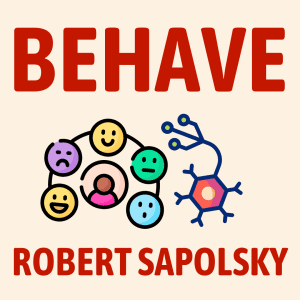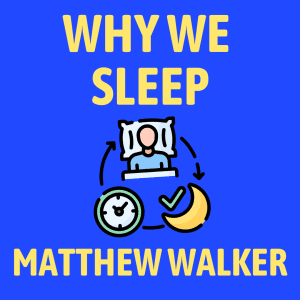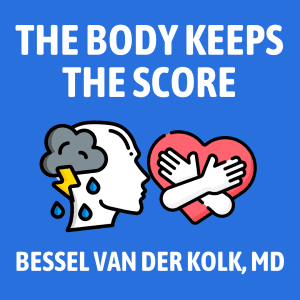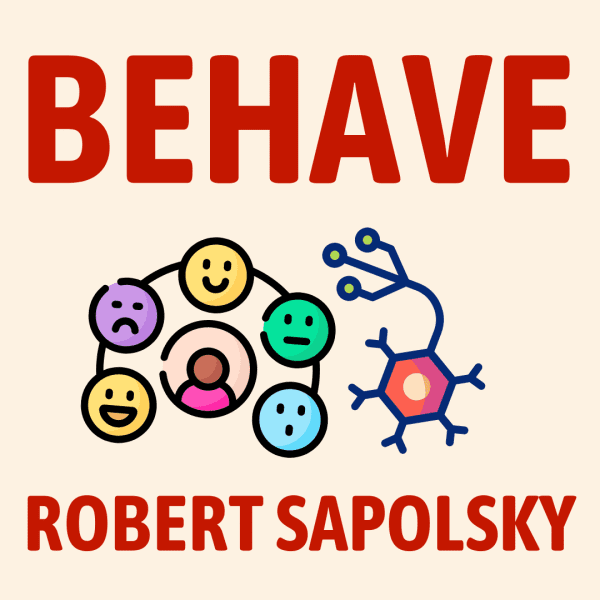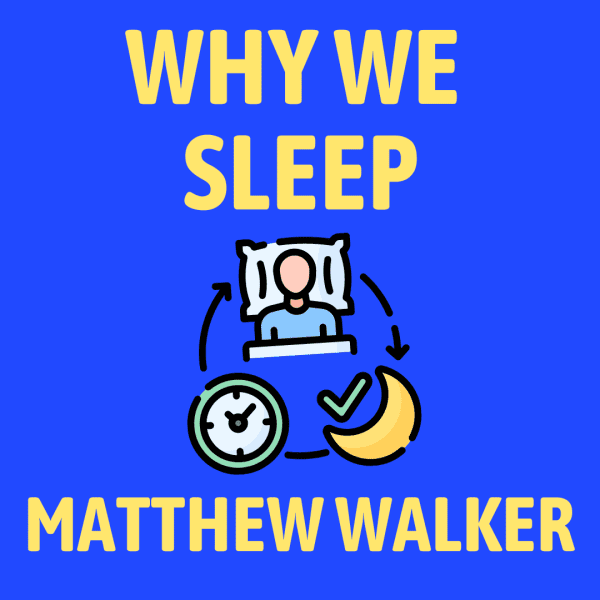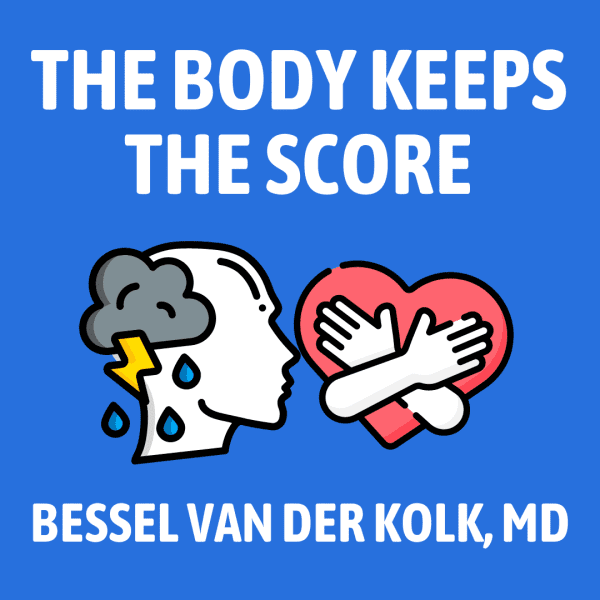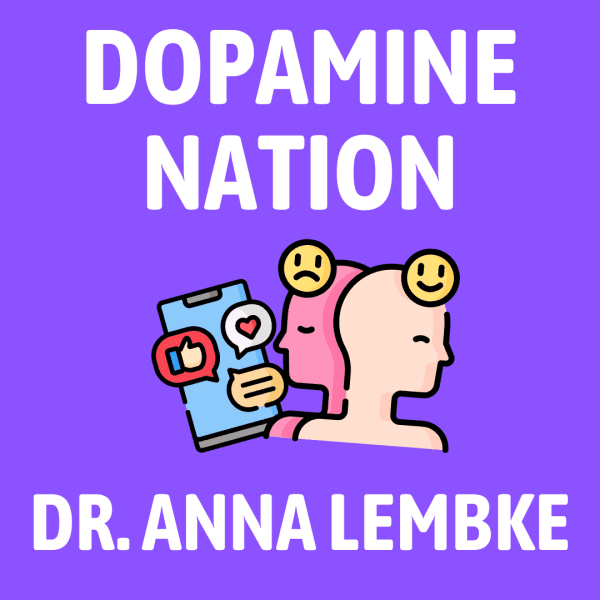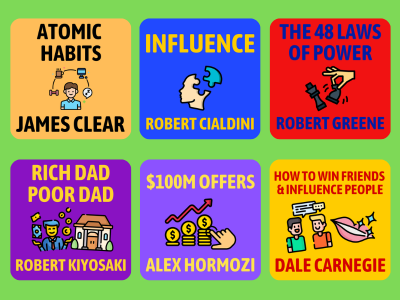Best Neuroscience Books: 4-Day Neuroscience Challenge
Welcome to our Best Neuroscience Books Collection. Here you’ll find summaries of the top books on neuroscience, to help you gain a deep understanding of how our brains work.
These must-read books simplify the latest research and are written by experts like Robert Sapolsky, Steven Pinker, and Oliver Sacks.

